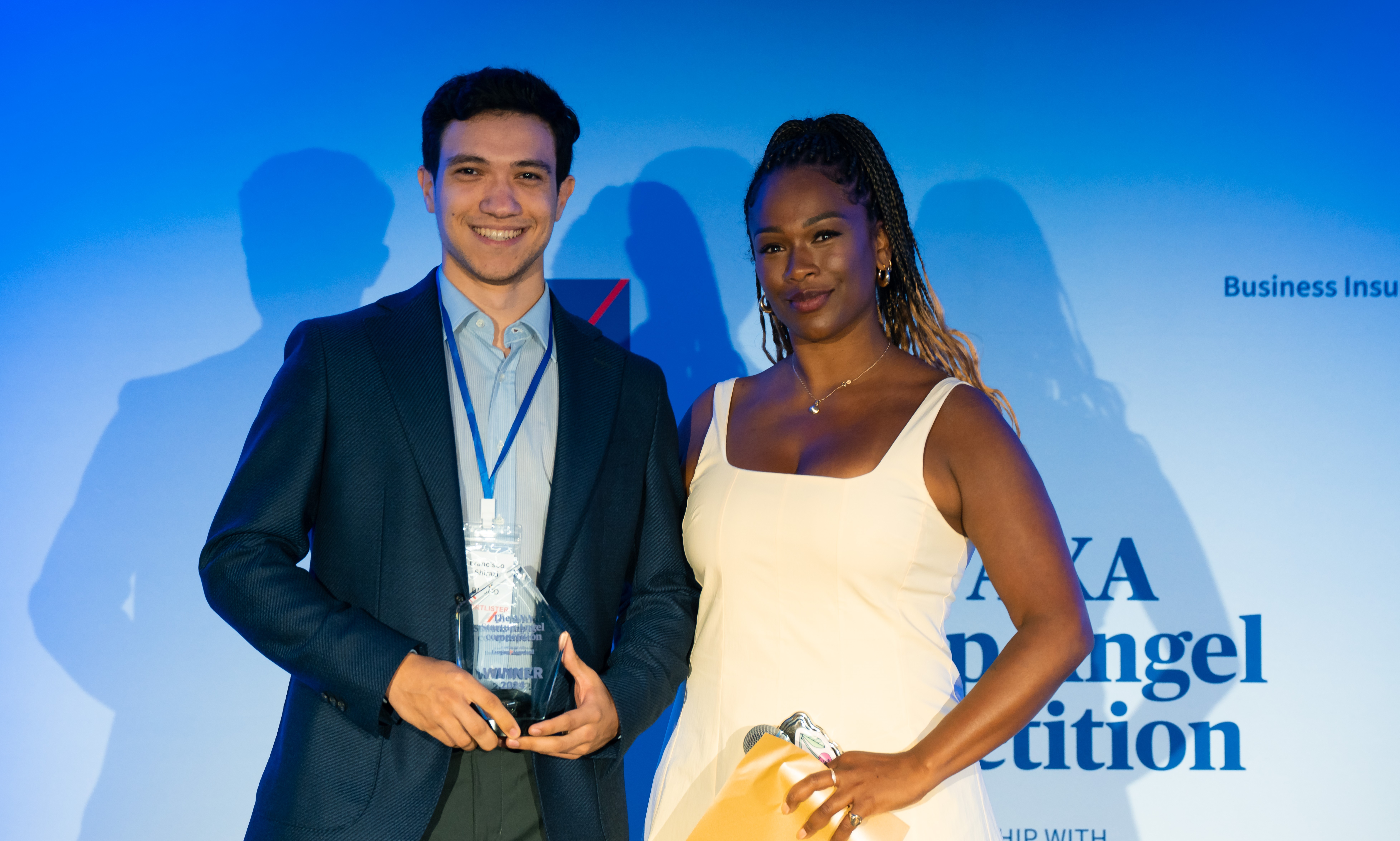The construction industry continues to grow faster than the UK economy, and experts are worried that a skills shortage will start to cause real problems. Some are encouraging more women to move into manual trades to fill the gap and help the building sector to grow.
However, women are half as likely to take up a trade than men. We look at the reasons behind the imbalance, and whether it's beginning to change.
Gender roles
Women often think they would be excluded from trades because of construction's traditionally masculine image. In the workplace, 46% of women said they feel sidelined by male-dominated groups. However, 56% of women said they'd feel safer using a female tradesperson, so there are opportunities available for aspiring craftswomen once these perceptions are overcome.
Getting on the ladder
In an industry where one in ten people inherit their business, and girls aren't often encouraged to get involved at school, access to training and jobs be a barrier. But employers are eager to change this, so much so that 49% of women in construction say their employer is very or extremely supportive of women in the industry, and apprenticeship schemes are available.
The hours
Women in trades work 41 hours a week, compared to 32 hours in other sectors, and some 16% of women surveyed said the lack of flexibility or part-time working was one of the reasons they left the construction industry or knew someone who had.
A better work/life balance is possible if you're a freelancer or sole trader setting your own hours. Raising awareness of these options is essential if more women are to enter the field.
Glass ceilings
Women in construction have seen pay increase by 60% over the last decade, and the number of women occupying senior roles has risen from 6% in 2005 to 16% in 2016.
Stats from 2016 also show that four times as many women are entering the industry now as they did five years ago, and they're expected to make up a quarter of workers by 2020.
Below, we've looked at five businesses that are actively trying to encourage more women into the trades.
Van Girls
This London-based all-female removal and van service is run by women who relish a challenge - hardly surprising for a business that many of us may have first encountered on Dragon's Den.
Among the Van Girls team of drivers and movers are former army and RAF employees, semi-professional sports players and fitness enthusiasts from all walks of life. The business has also engaged with the Everyday Sexism project to help challenge inequality across the board.
Stopcocks Women Plumbers
Stopcocks Women Plumbers founder Hattie Hasan has a mission - to make sure any woman who wants to be a plumber can land her dream job.
As well as running a national network of plumbers, Stopcocks has an affiliate program to connect female plumbers and prevent isolation for the small-but-growing community. It has also turned its hand to global clean water projects, including helping to build a sustainable water supply in Kenya - which just goes to show what a difference the trade can really make.
The Female Carpentry Company
Nicola Butcher, aka ‘the female chippy', has turned her passion for carpentry into a career. At the age of 21, she's already a double award winner who runs her own business (and doesn't have any hefty university tuition fees to pay off).
The Irwin's Ultimate Tradesperson 2016 is a sole trader, running her business mostly via Twitter and Facebook - proving you don't have to be a big business to make a huge impact, and that it's more than possible for talented women in trade to go it alone.
Kelly Electrics
Kelly Vincent is another bright spark setting an example. The Kelly Electrics founder set up as an electrician in 2011, and has since hired two more female employees to help her take on more work.
Now she not only prides herself on her excellent working practices and 100% positive feedback, but also on taking on female apprentices and assistants from as far afield as Finland.
A Woman's Touch
Although this decorating, design and construction company also employs men, A Woman's Touch is run by women. Founder and former investment banker Kerrie Keeling started the company after having problems with contractors refurbishing her flat, and her work has brought her into contact with illustrious clientele like Gordon Ramsay, and even led to her meeting the Queen.
Most of the company's employees are female, and they're proving they can do a stellar job; turnover has been consistently high and most of its business comes from repeat customers.
While there is still undoubtedly an imbalance, the industry is making changes - and women are ready to rise to the challenge of increasing representation in construction.
If you're an employer and you want to protect your business, whilst it isn't a legal requirement, you may want to consider getting a quote for public liability insurance. Most businesses do need it and its important if you want to ensure the safety of your staff and your business.






